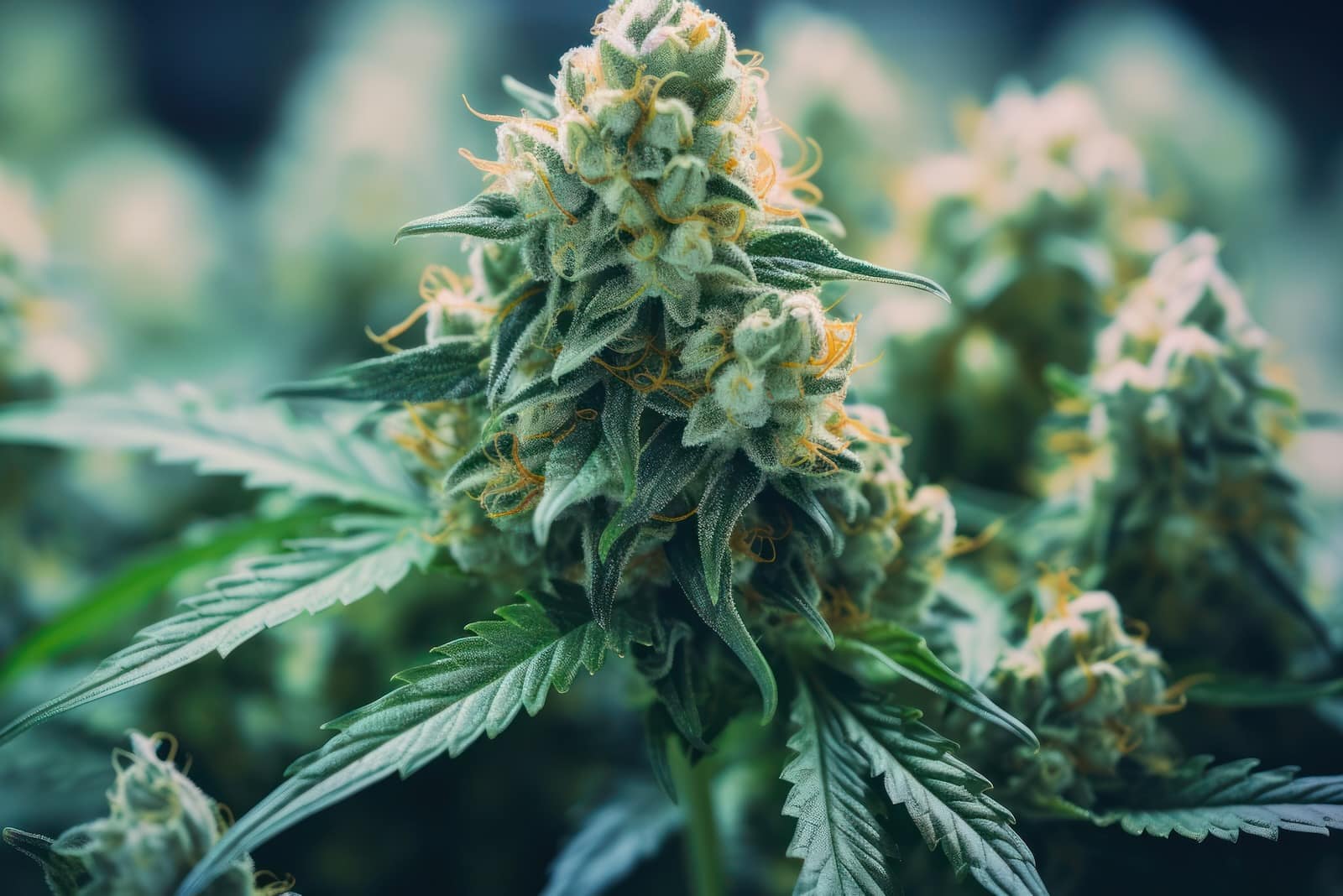Science already knows a lot about the effects of cannabis on the mind and body. For example, in the case of certain diseases and symptoms of the disease, doctors recommend treatment with cannabis if other medications do not achieve the desired effect. During chemotherapy, for example, attempts are made to use cannabis to combat nausea and stimulate patients' appetite.
However, everyday consumers are also aware of the different aspects that can accompany the use of intoxicating cannabis products. Almost every consumer will have experienced cravings for cannabis after consuming it. Researchers have now been able to find out exactly why this happened in experiments conducted on mice that were given cannabis in vaporized form and whose brain activities were then observed. It has been found that cannabis activates specific hunger neurons in the brain.
From mice and snacks
It has long been known that cannabis can trigger feelings of cravings, but only now, thanks to a series of animal studies, researchers at Washington State University have discovered the mechanism in the brain responsible for enhancing appetite. They used calcium imaging technology – similar to a brain MRI – to determine how the animals' brain cells responded to vaping cannabis. The researchers were able to observe that cannabis activates a number of cells in the hypothalamus when rodents anticipate and consume delicious food. However, this did not happen in experimental animals that were not exposed to cannabis vapor. “Something important happens in the hypothalamus after consuming cannabis,” says John Davis, assistant professor of neuroscience at WSU and corresponding author of the study.
“When cannabis is given to mice, normally inactive neurons are activated,” says Davis. While calcium imaging technology has been used by other researchers to study brain responses to food, this appears to be the first time it has been used to understand these functions after cannabis exposure. The results of the study, published in the journal Scientific Reports, could pave the way for improved treatments to treat appetite disorders in cancer patients, as well as anorexia and even obesity.
Control of cannabinoid receptors 1
As part of this research, scientists also found that cannabinoid receptor-1, which is occupied by cannabinoids, controls the activity of a known group of “phagocytic cells” in the hypothalamus. The so-called “Agouti protein-associated neurons” – neuropeptides that are formed in the arcuate nucleus of the hypothalamus. Using this information, the researchers used a chemical-genetic technique that acts like a molecular light switch to control these neurons when the animals are exposed to cannabis. When these neurons were turned off, cannabis no longer stimulated the mice's appetite.
“We now know that one of the responses — when the brain responds to recreational cannabis — will be increased appetite,” Davis said of the results. The current work builds on previous research his lab conducted on cannabis and appetite. It was among the first companies to use whole vaporized cannabis plants instead of injected THC in its animal studies. The goal was to better mimic people's usual cannabis consumption in the laboratory.
In previous work, researchers had already identified genetic changes in the hypothalamus in response to cannabis, so in this study, Davis and his colleagues focused on this area to learn something new about the effects of cannabis on appetite.

“Total coffee aficionado. Travel buff. Music ninja. Bacon nerd. Beeraholic.”







More Stories
Researchers detect extremely high-energy gamma rays
Anxiety disorders in old age increase the risk of dementia
Researchers are particularly fascinated by these exoplanets.